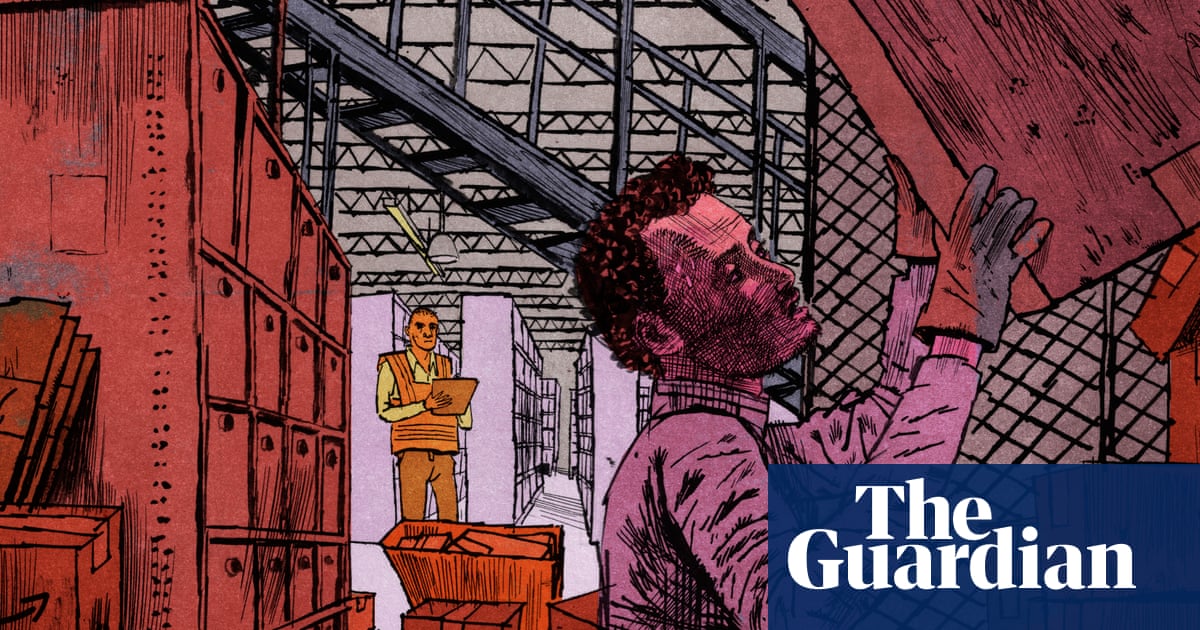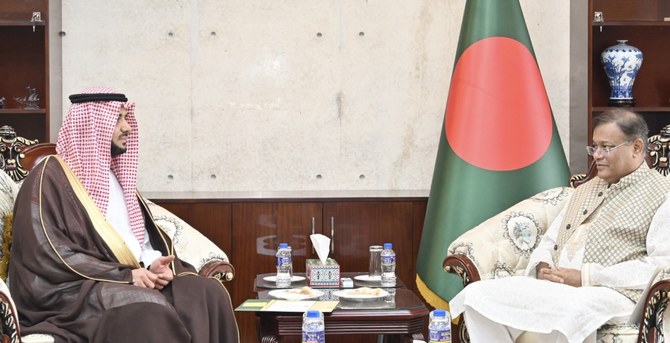
Amazon has paid $1.9m to hundreds of current and former workers in the wake of revelations by the Guardian and other media partners about abuses against migrants who labored at the online retail giant’s warehouses in Saudi Arabia.
Amazon said in a statement that it paid reimbursements to more than 700 migrant workers who had been required to pay recruitment fees and other costs to secure work at the company’s distribution centers in Saudi Arabia. In announcing this action, the company said it’s committed to “fundamental human rights and the dignity of people connected to our business around the world”. Amazon said last fall that it employed nearly 1,500 permanent and seasonal workers in Saudi Arabia.
These payments came after the recruitment fees and other unfair practices were exposed by a joint media investigation by the Guardian, the International Consortium of Investigative Journalists (ICIJ), NBC News and Arab Reporters for Investigative Journalism.
All of the 54 workers from Nepal interviewed for the media partners’ investigation said that recruiting firms in their home country had required them to pay stiff fees – ranging from roughly $830 to $2,300 – as a condition for getting placed in jobs at Amazon warehouses in Saudi Arabia. Those amounts far exceed what’s allowed by Nepal’s government and run afoul of American and UN standards.
Forty-eight of the Nepali workers added that recruiters misled them about the terms of their employment, falsely promising they would work directly for Amazon. Instead, these workers said, they ended up working for Saudi labor supply firms that placed them in short-term contract jobs at Amazon warehouses in the Arab kingdom, then siphoned away much of their wages and in some cases demanded thousands of dollars in exit fees to allow them to go back to Nepal.
The human rights group Amnesty International also issued a report on these issues. Amazon has said that its own internal monitoring system identified these problems before it became aware of the separate investigations by Amnesty and the media partners.
The Guardian and ICIJ recently talked to 40 workers from Nepal, India, Bangladesh and Pakistan who said they had received payments from Amazon or were expecting to get them soon. An Amazon spokesperson confirmed that workers from those countries had received payments and said workers from additional countries had also received reimbursements for their recruitment fees, but declined to name those countries.
“I never expected that I would get the money back,” said Bishnuman Shrestha, a Nepali laborer who worked for Amazon in Saudi Arabia from 2021 to early 2024. “I worked in Qatar and other countries before but never heard of workers getting their recruitment fees back. I never thought about it even in my dream.”
He said he received more than $1,800, which covered the amount he paid as a recruiting fee, plus interest. He told a reporter for the Guardian and ICIJ: “Keep doing this for other workers as well. It means a lot.”
The average reimbursement to the workers appears to exceed $2,500.
In its statement, Amazon said it had engaged a labor rights consulting firm to “conduct a focused assessment of foreign migrant worker issues” at two Amazon facilities in Saudi Arabia. The review, Amazon said, found multiple violations of its labor standards. Along with the charging of recruitment fees, these included “substandard living accommodations, contract and wage irregularities, and delays in the resolution of worker complaints”.
The company said it has strengthened its internal controls relating to its work with labor supply firms and other “third-party” vendors, providing additional training to labor vendors and clarifying its expectations for these partner firms.
Amazon said it has also improved its communications mechanism that allows contract workers to share complaints with Amazon’s management and ensured that a Saudi labor supply firm that had provided contract laborers from Nepal was “making significant progress to improve workers’ housing”.











